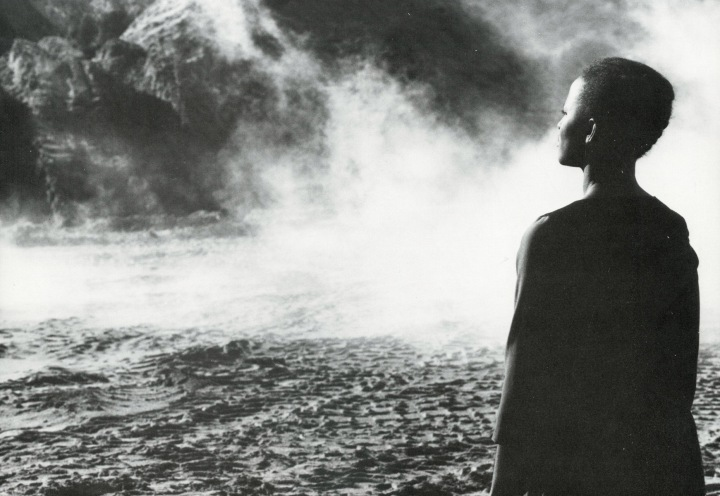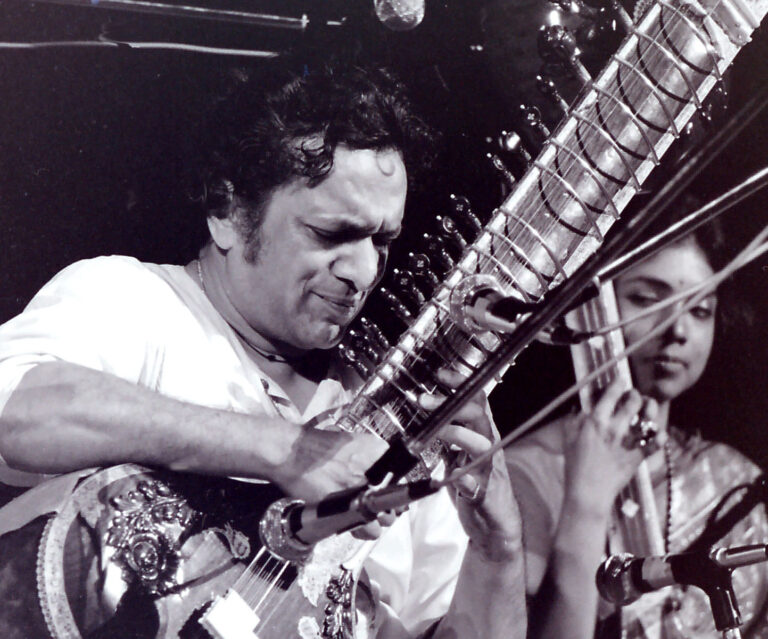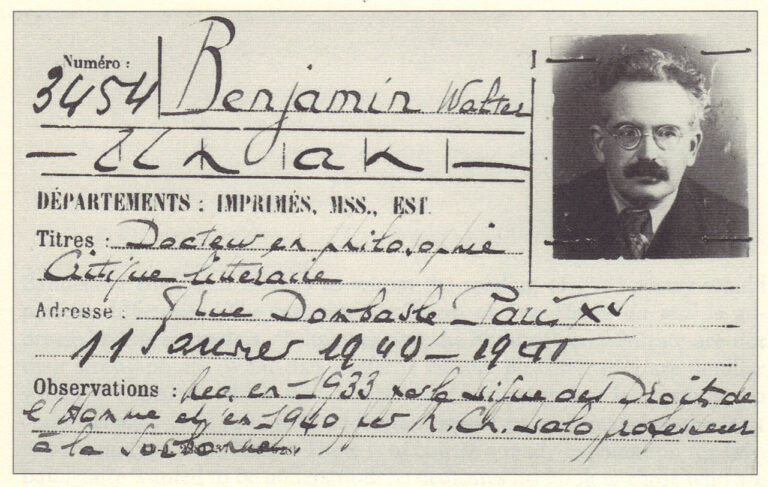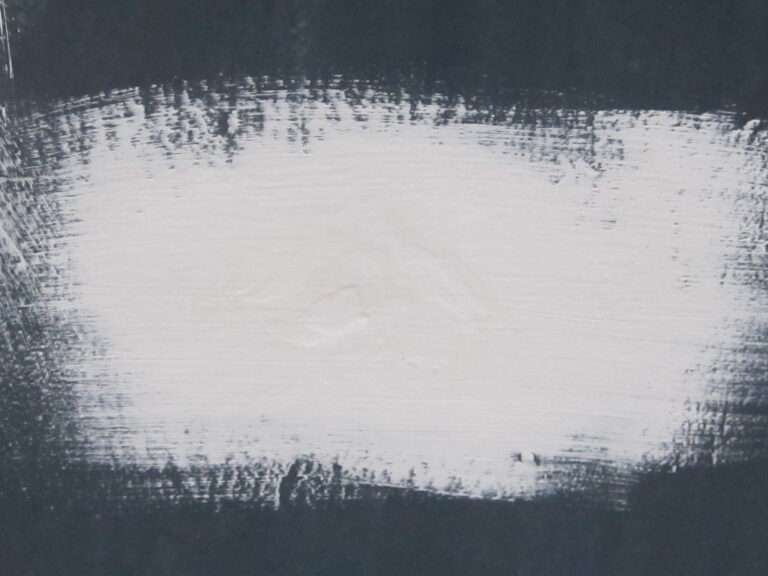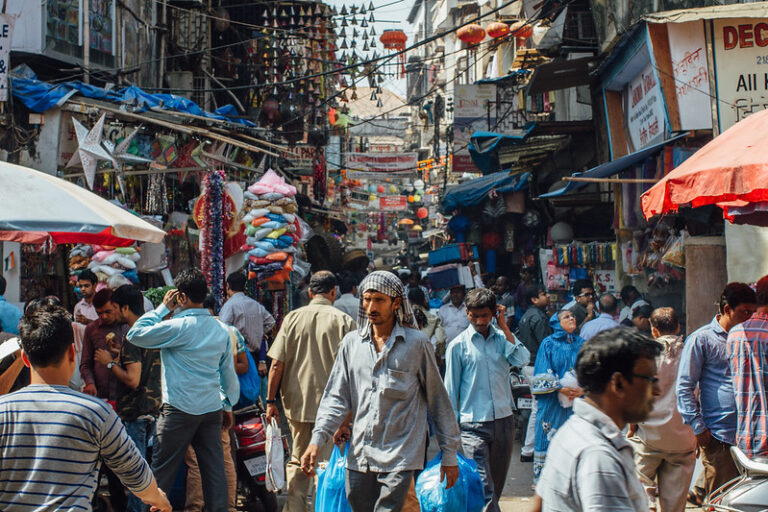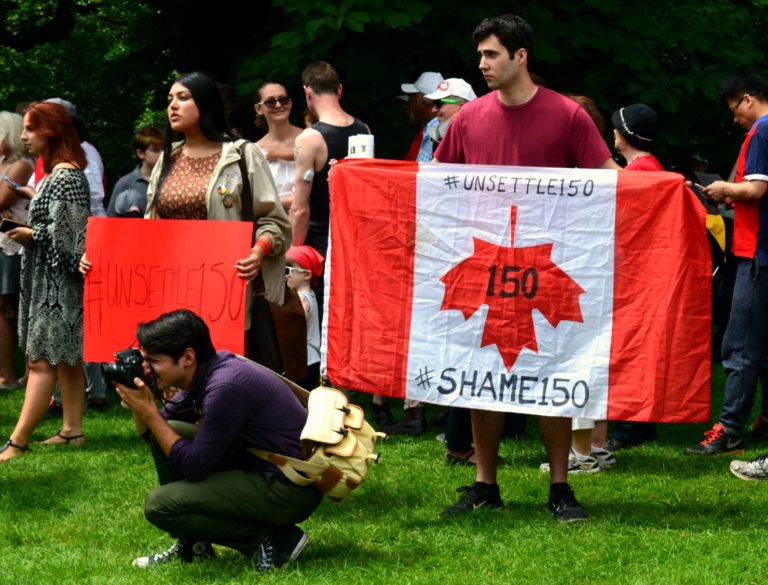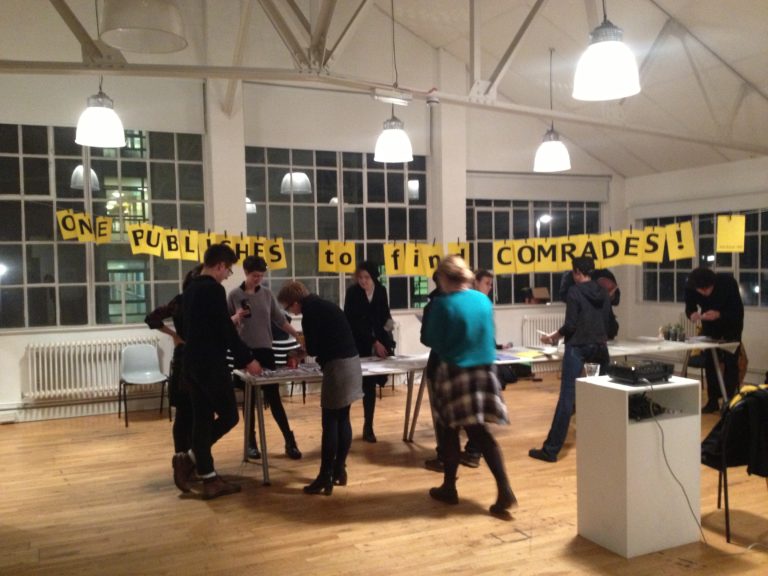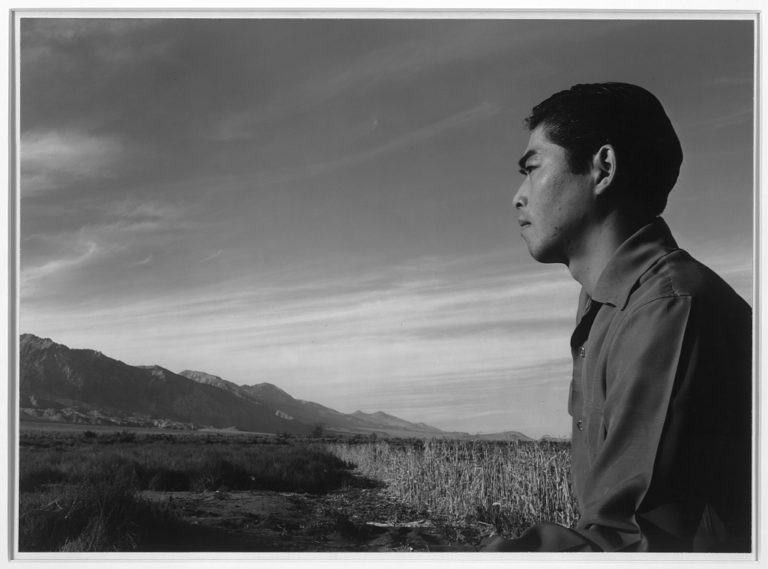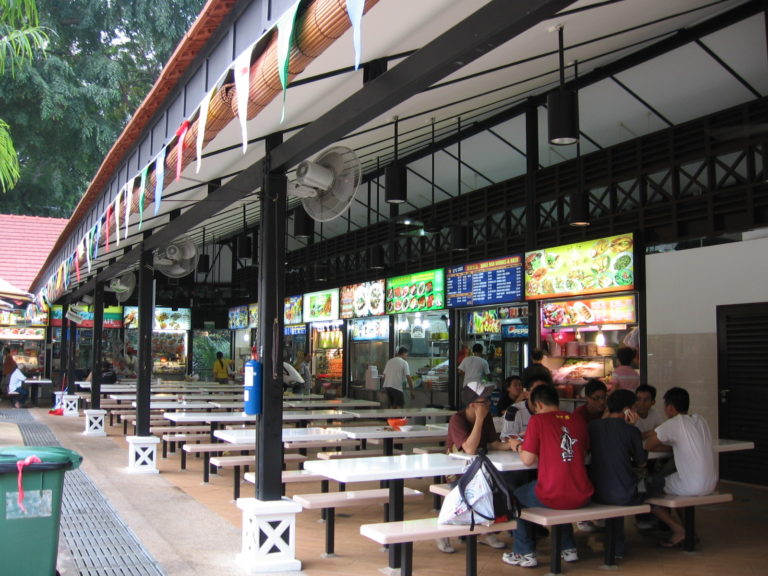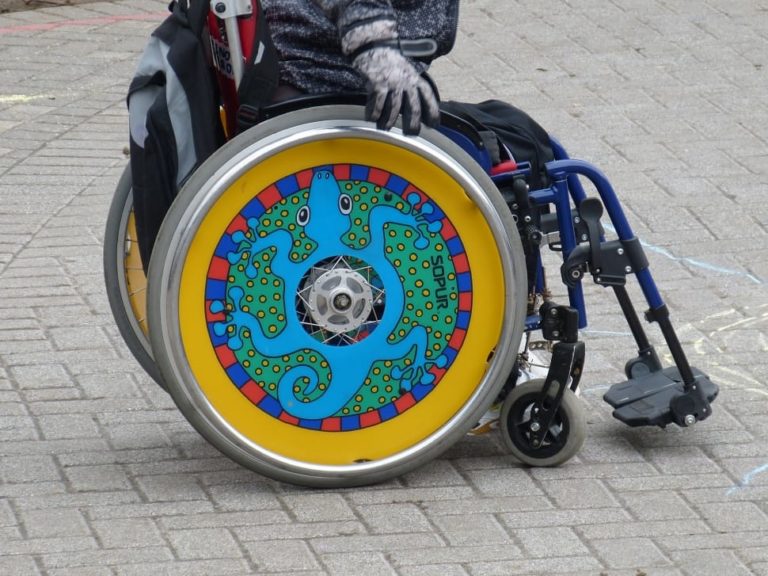In this article, I use alter egoing as a heuristic, a method for solving the problem of the evolving alter egos of Black women in popular music. When alter egos are analyzed through this lens, the refashioning of artistic imaginaries become legible as intellectual labor. The intellectual labor that Janelle Monáe primarily provides are critiques of notions of womanhood and Blackness in the United States. I understand Monáe’s alter egoing as a reaction to the affective political strategies mobilized in US electoral politics. Former President Barack Obama developed an affective strategy based on his personal brand of optimism, first presented in his book The Audacity of Hope (2006). He developed his signature optimistic politics while he was a senator and he continued to promote his “audacious hopefulness” into his 2008 presidential campaign. Former President Donald Trump’s 2016 presidential campaign also utilized an affective political strategy, as he rallied his supporters around culturally white (male) nostalgia with the cry, “Make America Great Again.” I track the affective evolution of Monáe’s alter egoing from pessimism to optimism in the context of the anti-Black populisms of the post-Obama era (2016–), culminating in a close reading of her 2018 album, Dirty Computer. In identifying Monáe’s troubled relationship with notions of normative identity through her first alter ego, I evaluate the relevance of posthumanism and Afrofuturism, which scholars have used to critique American notions of race, gender, and sexuality. In analyzing the shift in affect from her first alter ego to her most recent, I detect in Monáe’s alter egoing a critical optimism, a disidentifying strategy that begins to take shape in Dirty Computer.
Articles
Peer-reviewed articles in cultural studies.
Political Blackness, British Cinema, and the Queer Politics of Memory
This essay queries “political Blackness” as a coalitional antiracist politics in England in the 1970s and 1980s. Contemporary debates on the relevance of political Blackness in contemporary British race politics often forget significant critiques of the concept articulated by feminist and queer scholars, activists and cultural producers. Through close readings of Isaac Julien and Maureen Blackwood’s The Passion of Remembrance and Hanif Kureishi’s Sammy and Rosie Get Laid, this essay examines cinematic engagements with political Blackness by foregrounding the gender and sexual fault lines through which queers and feminists articulated relational solidarities attentive to difference.
Sounds from Nowhere: Reading Around Raga-Jazz Style
When Pandit Ravi Shankar began performing for Western audiences in the 1960s, his collaborative instinct for the meeting of Hindustani music and jazz was challenged by what he described as “shrieking, shouting, smoking, masturbating, and copulating” audiences of “strange young weirdos,” according to Mick Brown writing for The Telegraph. We can only imagine the debates of high and low art which were fought between Shankar and George Harrison, Bud Shank, or even Tony Scott, who were few of his many collaborators from the West. Caught between its original referent and its appeal to learned style, jazz (with its roots in African-American history) is placed at the center of debates about authenticity, gatekeeping, and located-ness. Once something like “world music,” composed through collaboration, fusion, and re-sampling, enters a space not used to any of the styles mixed into this world of music, it creates unique soundscapes. Ethnomusicologist Martin Stokes, writing “On Musical Cosmopolitanism,” looks at the course of sounds through the world to think of music “as a process in the making of ‘worlds,’ rather than a passive reaction to global ‘systems'” (6). The world created is never an unproblematically imported ambience. A jazz club anywhere in the world does not always correspond to Dixieland, or Chicago, or New York, nor does it reveal the influence of Black labor-songs, vaudeville, or ragtime. This is where an album like Indian composer duo Shankar-Jaikishan’s Raga-Jazz Style (1968) becomes interesting, compressing 11 ragas from Hindustani music into curt pieces corresponding to different, morphed forms of jazz. By looking at the history of the circulation of interfused styles of jazz in America, Goa, Bombay, and mainstream Hindi cinema, this paper examines the material conditions of creativity, and attempts to inscribe this global creative collaboration of forms into a connected history of jazz and Hindustani music.
Border Trash: Recovering the Waste of US-Mexico Border Policy in Fatal Migrations and 2666
This article examines how discourses of waste and wastefulness are applied to the bodies of border crossers and border dwellers along the US-Mexico border. Using Josh Begley’s 2016 digital memorial “Fatal Migrations” alongside the fourth section of Roberto Bolaño’s 2666, I examine how the matter of bodies plays an essential role in border policing. Forced into isolated and environmentally hostile areas, migrants are only visible through discarded objects, left behind during border crossing. As a result, American policy and discourse is able to associate migrant bodies with the trash they leave behind—effectively reducing migrant bodies to disgusting and ecologically dangerous. I look at “Fatal Migrations” to consider how the landscape is deployed against migrants and the vibrancy of their bodies after death. This reading leads to a consideration of waste across the border as seen in the fourth section of Roberto Bolaño’s 2666, “The Part about the Crimes.” A fictionalized representation of the feminicides in Ciudad Juarez, Bolaño’s narrative shows the reduction of women’s bodies to capitalistic waste. Taken together the two pieces illustrate the dismissal of bodies to waste and wasteful under overlapping immigration and economic policies. Moreover, both pieces show how death in the borderlands is central to American understandings of sovereignty. The result is increasingly militarized environments and solidified borders in the form of physical structures, cultural attitudes, and policy.
How to Do Things with Walter Benjamin
Walter Benjamin is now a common reference point within cultural studies. But while a considerable secondary literature has emerged around his work, efforts to build upon his contributions by operationalizing the method they elaborate have remained relatively rare. Nevertheless, I maintain that it is solely through such operationalization that Benjamin’s intellectual project can truly be understood. In this article, I provide a sketch of Benjamin’s intellectual biography—with particular emphasis given to the purported tension between his metaphysics and his materialism—to highlight the overarching methodological coherence of his approach. In conclusion, I demonstrate how this method might be operationalized by cultural studies scholars today.
From Gwangju to Brixton: The Impossible Translation of Han Kang’s Human Acts
This article theorizes the relationship between trauma and translation through a close reading of Han Kang’s Human Acts (2016) and its complex narrating of the Gwangju Democratization Movement of 1980. I engage with the novel through scholarship on state-sanctioned violence, the politics of memory and Korean and Black literary and cultural studies. I do this to consider how the massacre of Gwangu’s residents by their own government is made possible by earlier histories of occupation and imperial violence in the Korean peninsula. I then turn to the Korean edition of the novel to address what emerges outside of the English translation. Here, I rely on my own language skills to read, translate and direct attention to what is lost in Deborah Smith’s published translation of Han’s novel. Specifically, I argue that Smith’s version of Human Acts actively works against Han’s subversive articulation of the elusiveness of subjectivity, the rending of the world vis-à-vis violence, the possibilities afforded by opacity and the dilemma of what it means to write about “one’s own” historical trauma. In an attempt to reflect critically on what it might mean to live in the ongoing ripples of such traumas, I offer a text that blurs autobiography, travel writing, Black Studies, and literary analysis, crafting something that may be situated under the aegis of cultural studies and alongside what Gloria Anzaldúa names an autohistoria-teoría and what Crystal Baik calls a diasporic memory work.
Political Power and the Industrial Development of Cultural Artifacts in China
With national policy support on industries that produce cultural goods and artifacts, Chinese industries have developed quickly in recent decades. Some cities and their industries are led by the central government, while others are led by the local government. In this paper, the author uses ceramic industry clusters in Jingdezhen city (central-led) and Longquan city (local-led) as a comparative study to illustrate the political power relations of government-led cultural artifact industry development in China. In sum, the excessive emphasis on political hierarchy and centralized control of production management will weaken the cultural essence of the local cultural artifacts. The localized government-led development strategy is positive to preserve the cultural essence and design a befitting local industry development strategy in Chinese cities.
Muslim Voices, Moorish Masks: Theoretical Perspectives on Music and Islam in Southern Spain
This article proposes a new theoretical framework for the study of music and Islam in Andalusia, southern Spain. I demonstrate the framework’s potential by applying it to collaborative musical performances among Muslim economic migrants, European converts to Islam, and non-Muslim Andalusians during a year-long heritage festival that celebrated the region’s medieval Islamic past, arguing that musical analysis opens fresh lines of inquiry into the expression and experience of Muslim subjectivity in Andalusia. In the process, I engage with theoretical debates on hybridity in anthropology and ethnomusicology, orienting my own perspective along the axis of performativity, while in dialogue with Hispanic studies and Spanish cultural studies I think along the borders between hybridity and hauntology to recalibrate discussions of Spanish historical memory for a theoretical framework that ultimately coalesces into scenes of Moorishness: crowded, contested scenes in which musicians, festivalgoers, and festival organizers mutually interpellated each other under the rubric of Andalusia’s medieval Islamic past.
Manifestations of Microfascism in Spatial Dimensions: A Study on Mumbai’s Public Spaces
Mumbai has an identity that is built around its multicultural, multi-ethnic population, with an enterprising community that prides itself on its resilient spirit. The pluralism that marks the city’s social spaces remained powerful for decades resulting in an immigrant population from all over the country finding its home in this city. When Bombay was renamed Mumbai, it was also a reflection of the altered social sensibilities and the manifestation of an exclusionary politics which began to get reflected in the public spaces of Mumbai. Post globalization and economic liberalization, a hegemonic shift in power centers brought about further negotiations with identities and social spaces, with the new cityscape evolving steadily. The pervasive presence of the politics of othering that marks the contemporary Indian political sphere has its presence felt in Mumbai’s public spaces. The rapid gentrification and erasure of the poor from the public spaces, the expanding privately-owned public spaces and the social interactions that mark the new global city of Mumbai unfold the hegemonic power relations of the new India. This article attempts to imagine the new social narratives and cartographies within the theoretical framework of microfascism as elaborated by Deleuze and Guattari. Mumbai’s public spaces are closely observed and analyzed to comprehend the new dynamics of power at work and its political and social ramifications in relation to the rest of the nation. This paper also seeks to look at the patterns of dissent evolving out of the microfascist spaces of Mumbai.
Webs of Relationships: Pedagogies of Citizenship and Modalities of Settlement for “Muslims” in Canada
Immigrants to Canada must pass a set of pedagogical gate-keeping exercises that compel settler socio-spatial relations to allow them to come into the fort of the nation-state as neoliberal multicultural subjects. Bringing together Sunera Thobani’s concept of exalting the white subject and Sherene Razack’s theorizations on Muslim eviction from Western politics, I argue that those racialized as Muslim are positioned as perpetual immigrants, compelled to exalt whiteness or be evicted. Caught between an unresolved tension of settler spatial relations to nation and Indigenous spatial relations to Land, I examine what decolonial subject positions are available for “Muslims” using the Canadian citizenship study guide and oath as focal points. I foreground an Indigenous analytic and my Arab lived experience to do a contrapuntal reading of the social construction of Canada in the study guide and trace how the relationships to nation espoused in the manual are incommensurable with the relationships to Land fundamental to Indigenous worldviews. Throughout the paper, I draw on the experience of Masuma Khan, who was censured by her university and the public when she advocated that Canada 150 be remembered as Indigenous genocide rather than a celebration of nationhood, to unpack how racialization colonizes and colonization racializes.
Publishing to Find Comrades: Constructions of Temporality and Solidarity in Autonomous Print Cultures
Open source publishing, in all its versions and mutations, is an area of research and media practice that has become much more popular recently. It is precisely because of this the questions it raises for cultural production are today all the more pressing. How does a form of media production where the good produced is given away to people sustain itself? How can it produce livelihoods for its associated “below the line” editorial workers, as well all the other associated forms of cultural labor undertaken in the production chain, from distribution to retail? This essay considers some of these questions, not from a general perspective, but rather from how they filter through and affect the nature of autonomous print cultures. For these print projects questions about labor, conditions and the sustainability of the project are all the more pressing because of how they relate to and are embedded within the goal of the social movement organizing that they emerge from.
Viewing Japanese Incarceration from Above & Below: Imperial Landscape and Racial Liberalism in Ansel Adams’s Born Free and Equal
This article examines the role of landscape in the visual and narrative representation of Japanese incarceration in Ansel Adams’s Born Free and Equal. Specifically, by analyzing the way it both draws upon and reworks what art historian Albert Boime calls the magisterial and reverential gaze, I argue that Born Free revises the thematic and visual trope of US frontier mythology to articulate a US racial liberal “structure of feeling” in the American century. Born Free oscillates between landscapes and portraits to establish an aestheticized account of frontier nature. In so doing, it forges a vision of racial democracy that can simultaneously “americanize” the Japanese body and universalize US global power. In other words, Born Free’s aestheticized frontier positions the minoritized Japanese body as a national icon that testifies to the racial liberal values of the US, and thus can authorize American (neocolonial) power globally.
Producing Art in the Ruins of a Former Colonial Industrial Hub: Arts Practices in Bulawayo, Zimbabwe (2000–2017)
This paper, focusing on Bulawayo, the country’s second largest city and regarded as the country’s cultural capital city, seeks to critically interrogate the working conditions of creative artists and other content producers against the background of an imploding cultural landscape. The paper seeks to establish ways in which cultural workers in Bulawayo negotiate the “precarious conditions” under which they work as they are exposed to the informalization of their labour, wage squeezes, temporariness, uncertainty, and pernicious risks in their work (Standing 2011; 2014; Waite, 2008; Munck, 2011). Artists in Bulawayo, Zimbabwe’s second largest city and the country’s former industrial hub, face a harsh operating environment such that some have even quit their craft. Some of the artists interviewed have concluded that their (bare) lives are more important than the preoccupation of producing art as this has had a toll on their families. However, there still exists a handful of artists who continue to struggle against all odds with the hope of building a sustainable arts industry in the country’s second largest city.
Multicultural Redemption: Crazy Rich Asians and the Politics of Representation
This essay examines the film Crazy Rich Asians and its surrounding celebratory discourse in order to consider the relationship between multicultural media production and contemporary power dynamics. Crazy Rich Asians has been exalted by the public as a win for diversity, representation, and racial progress. Yet the film is not an anomaly but part of a larger trend in mainstream U.S. television and film that have begun to proliferate shows with “diverse” casts and “progressive” storylines such as Black Panther, Master of None, and To All the Boys I’ve Loved Before, among others. I argue that the contemporary multicultural era has given rise to a common narrative of racial reconciliation, in which inclusion within hierarchy is rendered synonymous with redemption from racial violence. I term this narrative a “multicultural redemption narrative,” and suggest Crazy Rich Asians illuminates how it works. Specifically, this narrative does the discursive and ideological work of constraining the imaginative boundaries of liberation, such that liberation can only be imagined as wielding the very systems of oppression one seeks to escape.
Crip Twitter and Utopic Feeling: How Disabled Twitter Users Reorganize Public Affects
Conceptually, online activism remains a divisive concept: detractors decry it as low-commitment “slacktivism,” and proponents argue that the Internet is a powerful platform for organizing. Particularly for disabled persons, the Internet provides new avenues for engagement and organizing work by allowing disabled persons in disparate places to connect with each other. While the intersection of disability activism and online activism remains underexplored, existing literature remains anchored to the notion that disabled online activism’s greatest impact is in organizing physical protests and actions. This paper scrutinizes the actual work and impact of three disabled Twitter activists, and wages an argument based on how Twitter activists make other users feel. Particularly, this paper synthesizes affect theory with Althusser’s notion of “interpellation” and revises Michael Warner’s theory of “publics” to argue that such disabled Twitter activists and their followers mutually generate networks distinguished by shared feelings (affective networks, as this paper terms them), and that these networks are constantly being renegotiated and transforming the feelings of their members. The paper makes four key interventions: first, it writes against Michael Warner’s initial reluctance to include the Internet in his theory of publics, by arguing that Twitter followings model Warner’s publics. Second, it performs close readings to describe both how Twitter users’ writings generate affective networks and what activist impact these affective networks have. Third, it identifies and describes radical optimism and the utopic work of “demanding” as constituents of Twitter users’ affective networks. Finally, this paper examines and describes how affective networks shift with each tweet, and how such writings transform the feelings that constitute those affective networks. Arguing in part from my own subjectivity as a disabled Twitter user, I contend that Twitter enables disabled users to organize their feelings according to the feelings they want to have, and the feelings they think they ought to have.

